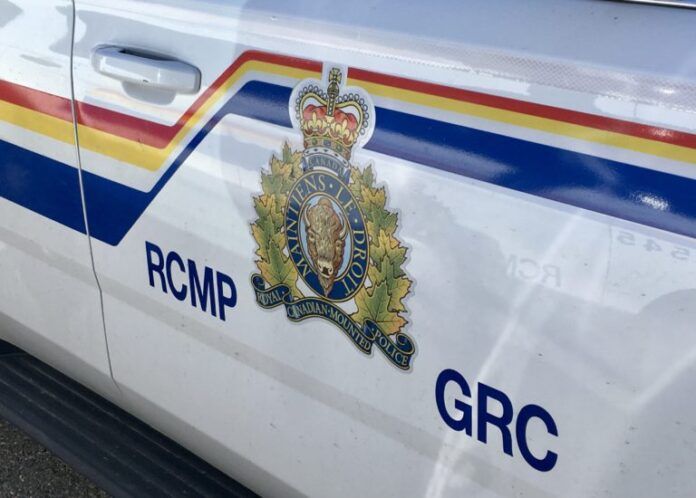A Simon Fraser University criminology professor says police may have good reason to be tight-lipped about a fatal fight in Rossland this month, but it’s worth asking questions.
Bryan Kinney, an associate professor at the School of Criminology and director at the Institute for Canadian Urban Research Studies, says he suspects police know a lot more about the incident than they are revealing, but they’re waiting to see who comes forward in response to a call for witnesses.
RCMP have said very little about the incident, which occurred at Nevada Street and Dunn Crescent about 4:40 p.m. on Oct. 9. One person later died in hospital.
Among other things police would not reveal: the gender, age, and hometown of the person who died, whether they have identified the other person involved, whether the two people knew each other, and why they waited a week to notify the public.
Nor would police say why they won’t provide more details, except that the file is the subject of an “active investigation.”
Kinney said given the few things known about the incident, there are several possible scenarios, including a traffic accident that escalated into violence. But withholding certain details may serve investigative purposes.
“Most of the time, police are trying to keep cards close when they are pursuing lines of inquiry, and it’s legitimate to not spoil the inflow of new evidence,” he said.
He expected that as a next step, police may ask for dash cams or doorbell cam footage, although the fact they have not already done so suggests they might already have access to such footage.
“It is unusual to not have any information, but I wouldn’t think that it was purposeful, not letting the public know,” he said. “It would be for a strategic reason based on the investigation.”
Kinney said police have always been “extremely selective” with the details they share. While appeals to the public can result in useful information and potential leads, sometimes the tips can become overwhelming and are not especially valuable.
He added it’s possible that privacy considerations are also at play in limiting what police can disclose. For example, if the next-of-kin of the person who died have not yet been notified, police would rather that they did not find out through the media.
By now, though, Kinney said he would have expected police to offer some indication of whether the fight was the result of a random act and reassurances if they don’t think there is any danger to the public.
“This could just be a truly horrific event that got way out of hand,” he said. “And maybe this is why they haven’t released information about who and what’s involved.”
Kinney also said wanting to know what happened is “natural and positive.”
“It’s good for public to want to know information. And it’s good for people, especially in the media, to try and keep people in these positions of investigative power aware that questions are going to be asked.”






